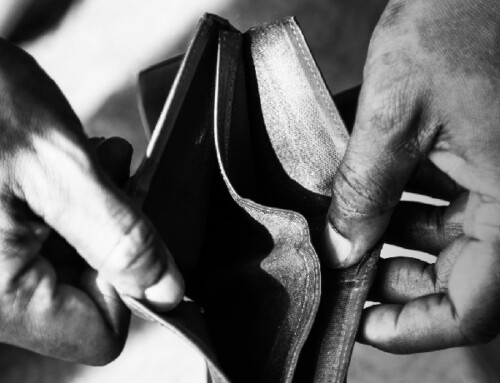For all intents and purposes married couples and co-habiting couples can seem the same. But there are actually big differences in their rights when it comes to things like separation and children.
A third of us aren’t aware of these differences so we’ve provided a breakdown of the main issues.
Support and children
Most differences only become relevant in the event of separation or death. However there are exceptions. For instance married couples are duty bound to support each other as long as they are married. Whereas cohabitants have no obligations regarding mutual support.
There are also a lot of differences regarding children born of the relationship. Married parents automatically have individual rights regarding their children. This means that they each get a say in where the child lives, who brings it up, their education and religious instruction.
Even though unmarried mothers automatically have these rights, unmarried fathers only have them if the child in question was born on or after 4th May 2006 and they are the named father on the birth certificate.
Fathers with older children or who aren’t on the birth certificate can only gain these rights through agreement with the mother or through the court.
While unmarried couples have no obligation to support each other, there is always an obligation to support children born of the relationship regardless of marriage, cohabitation or separation.
Property
Let’s look at an example situation of a married couple separating. In this case each party is entitled to a fair share of the matrimonial property and potential support payments.
What do we mean by matrimonial property? Generally speaking, it’s anything that was bought or acquired by either party after marriage and before separation. Upon separation the net value of all items within this category is identified and shared fairly.
‘Fairness’ is defined by things like the source of funds used to acquire the property and whether one party has been ‘economically disadvantaged’ by the marriage. This normally means a mother who has sacrificed a career to look after the home and children.
In the case of a marriage ending, sharing out the property is fairly simple. There are a number of ways the total value of property can be split. Such as:
· Transferring ownership of property
· A shared pension
· A cash payment to balance the scale.
There are many options available to separated spouses and on the rare occasion that an agreement cannot be reached, the court would have enough options and influence to settle the matter.
Now let’s look at the same situation if the couple are not married.
Firstly, there is no matrimonial property. In fact there is no such thing as shared property; each party owns what they own. A claim can be made for shares of property if one party can prove ‘Economic disadvantage’. This means roughly the same thing as in matrimonial terms; one party has accepted a disadvantage, economical or otherwise, in the interests of their partner or family. This would then be weighed up against any advantage gained and then the net economic disadvantage, if any, would need to be compensated.
Any compensation due is handled with a cash payment, never a share or transfer of property. These claims must also be made within a year in the event of separation and within six months in the event of death.
This should give you some idea of the complexities of these situations. There are many other differences but the most important thing is to know your rights before jumping into a cohabiting situation.







